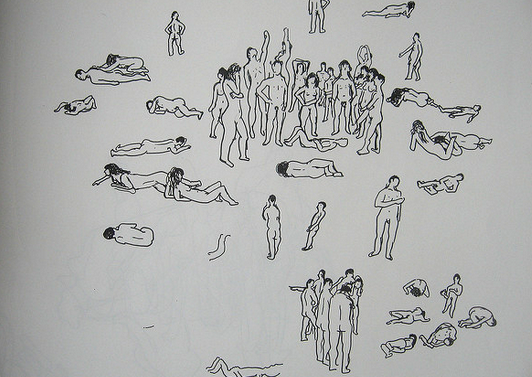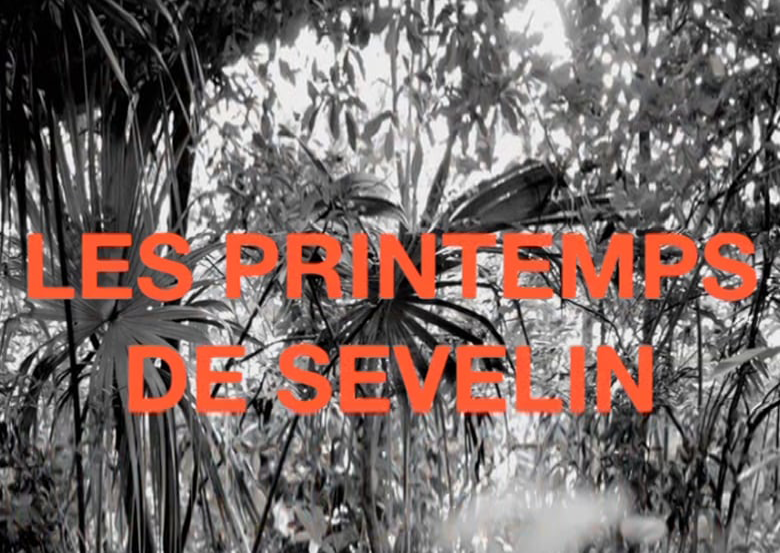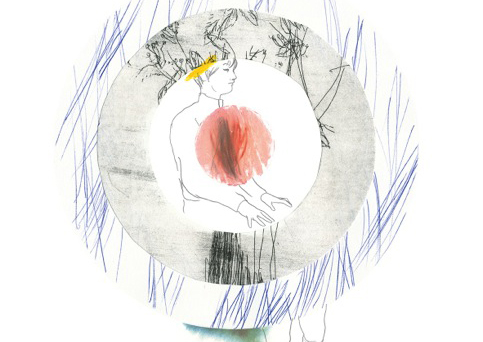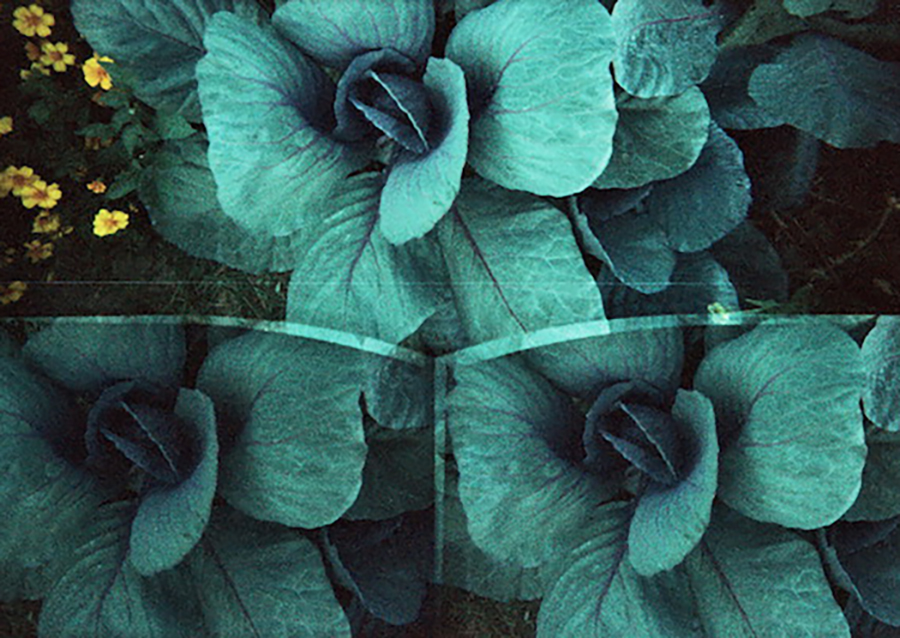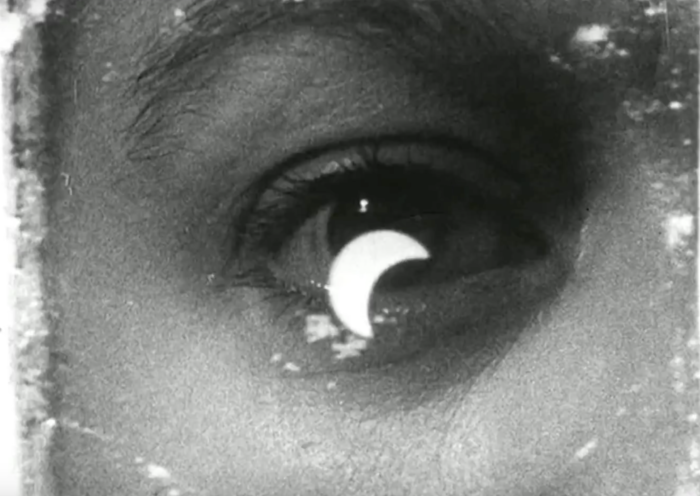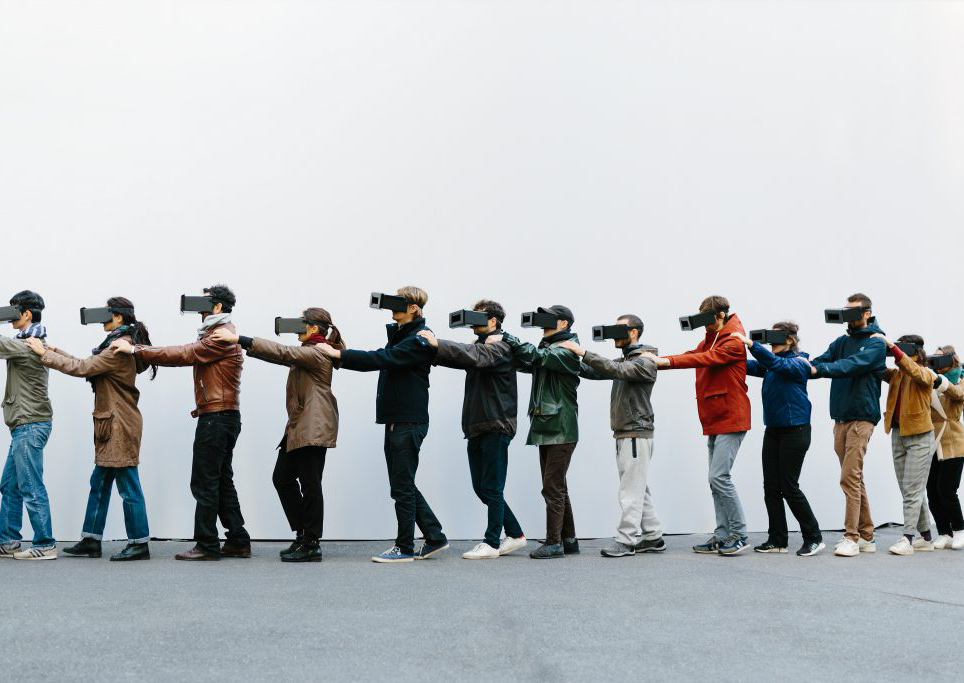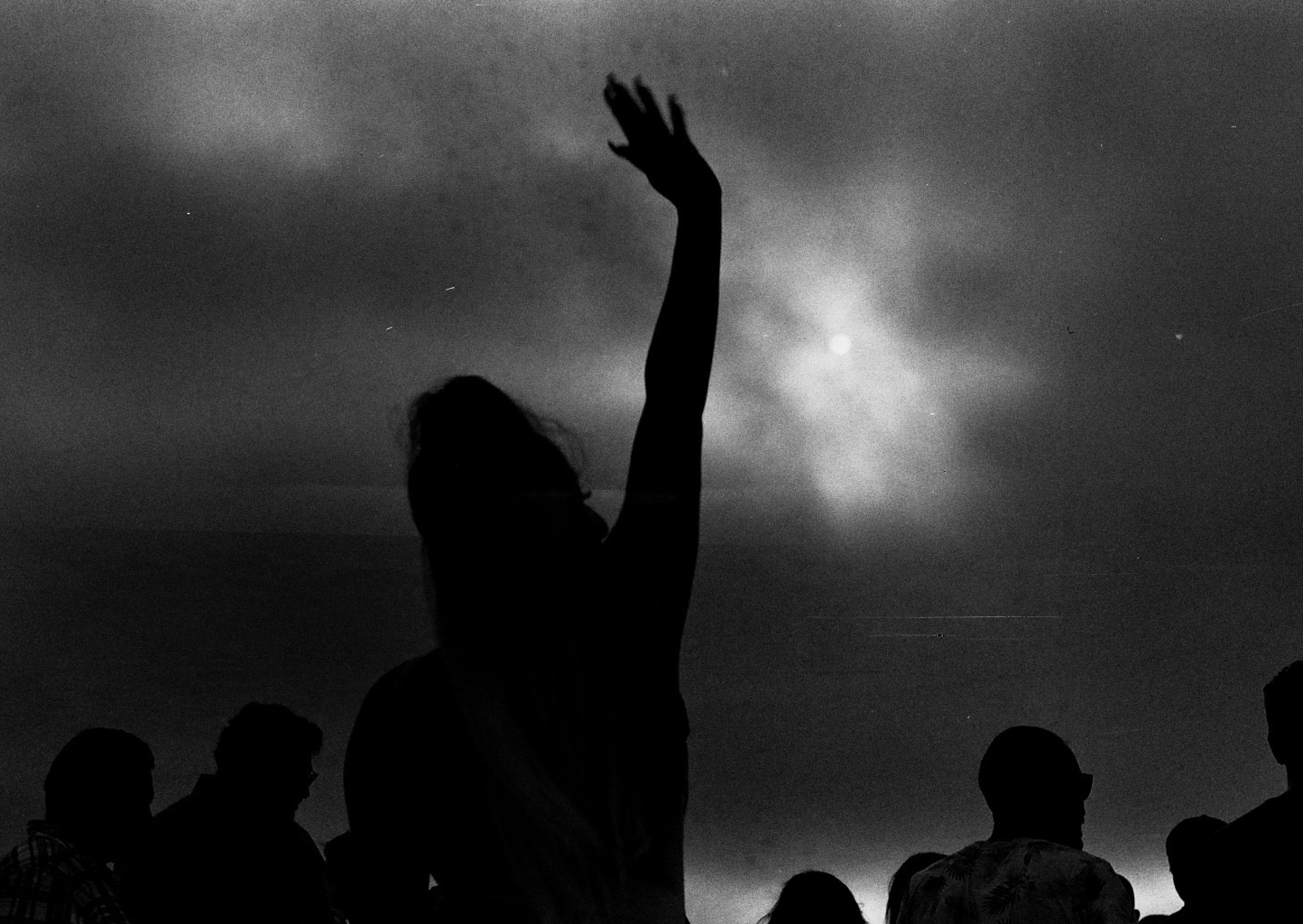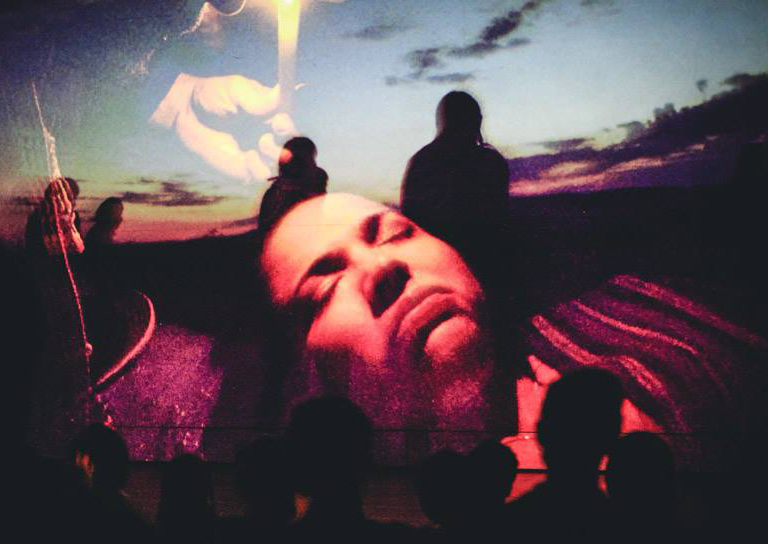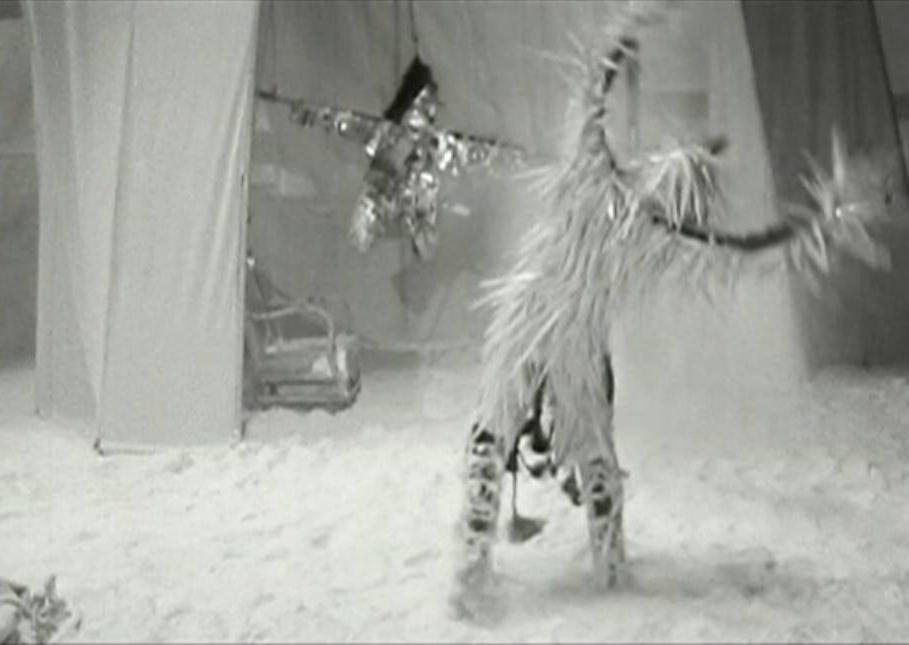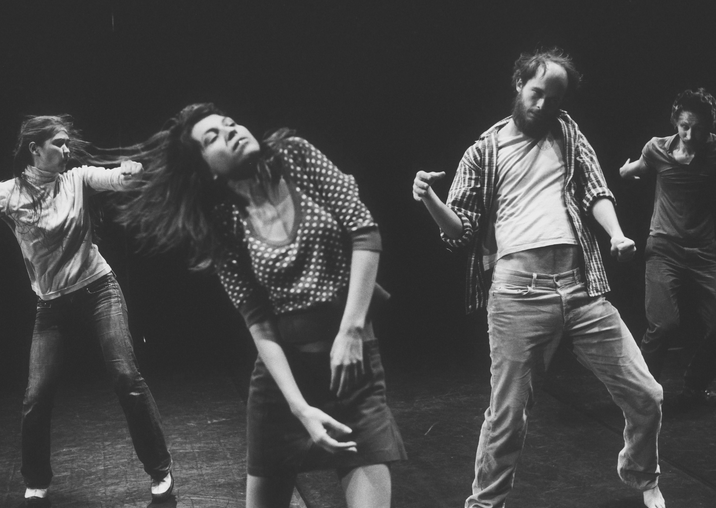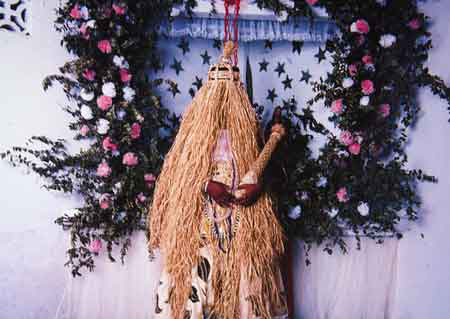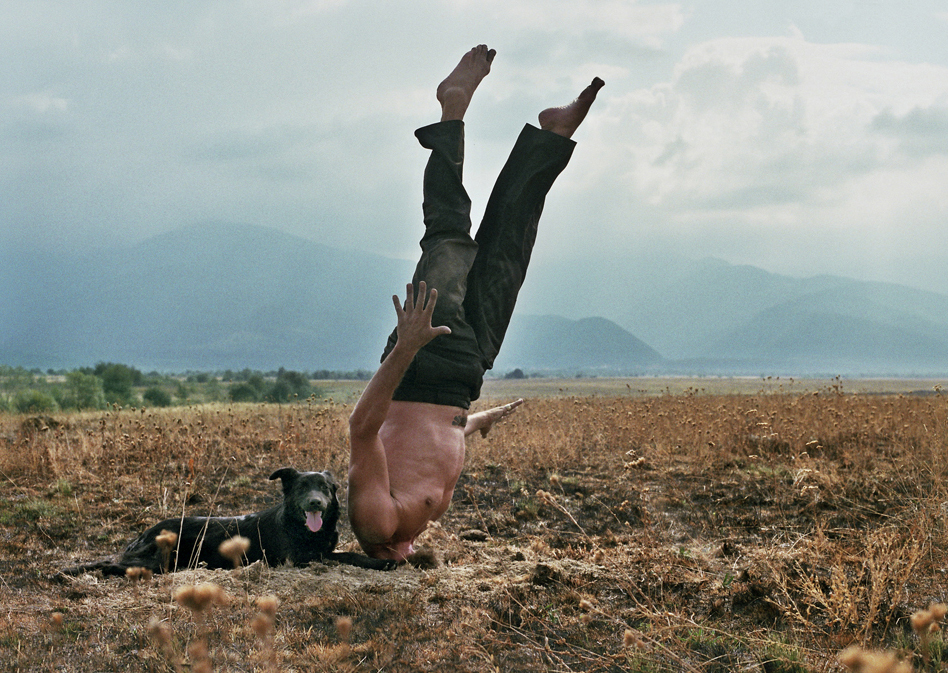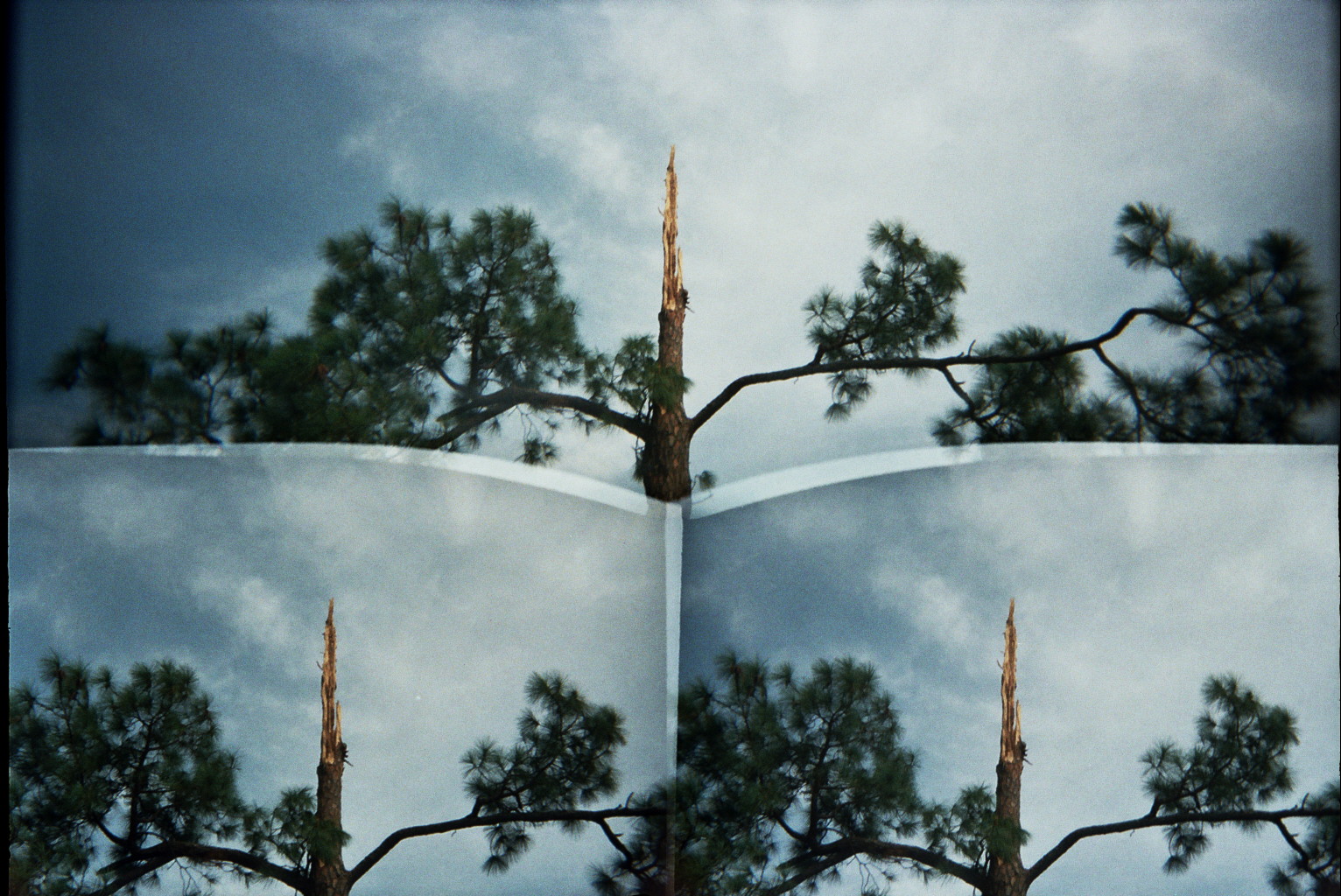
The Ecstatic Body Festival
A week of experimentation with workshops and exercises, followed by a Saturday with discussions on which there will also be plenty of time to celebrate. An invitation to explore and experience one’s own ecstatic potential. The motive to investigate for one entire week the dynamics of intercultural practices and their impact on the body can be attributed to the increasing interest to combine therapeutic and artistic practices as well as to the fact that artists have always been fascinated by alternative states of consciousness, which can be achieved through meditation, indigenous shamanic practices and encounters of the so-called “divine” kind. Each of the workshops led by Ziya Azazi & Simon Mayer, Elke van Campenhout, Hiah Park & Robert Steijn and Corine Sombrun will offer a different approach and will engage in diverse fields of knowledge and experiences (therapeutic, religious, scientific, artistic).

Looking for a state of no conflict Hiah Park & Robert Steijn
Fifteen years ago, Robert Steijn fell in love with the way Hiah Park used dance to open up to a spontaneous dancing body in a workshop. As Park states herself: “Ecstasy is a sensation which is encountered in our hearts. It is seeing and hearing with the heart rather than just with the eyes and ears. When dance becomes meditation, it flowers into love, and this flowering is a movement into the divine.” Inspired by the spiritual dimensions of her teachings, which go beyond pre-conceived forms in order to search for the pure energy in movement, Steijn started an investigation into the intimacy of being human while dancing. Now, Park and Steijn lead a two-day workshop together, sharing their practices with each other and the participants.
Mon, 8 + Thu, 9 Oct, 9.30–12.30 and 14.00–18.00 Price per workshop: € 45
Waltzing Dervish Ziya Azazi & Simon Mayer
Simon Mayer and Ziya Azazi share their love for folkdance and spinning and for letting art and spirituality manifest through performing bodies. Even though they come from different backgrounds, they both use spinning as a technique triggering the ecstatic body and as a social and spiritual meditation practice. Observing the turning chaos on the outside with a peaceful and calm centre is not only a philosophic concept of the Sufi tradition but also a big inspiration for both artists. The exercises will include spinning alone, in a group and as a pair. For the pair-work, Azazi and Mayer will combine the styles of dervish, tango and waltz. Part of this sharing will be to create an awareness of boundaries. To what extent am I willing to surrender? How much control do I want to give up? What kind of embrace do I like? Where are my limits – my own and in relation to others?
Wed, 10 – Fri, 12 Oct, 9.30–12.30 Price per workshop: € 45
Trance and Creation Corine Sombrun
Corine Sombrun collected rhythmic sequences of drum music played by the Mongolian shamans and identified those sequences which are particularly effective to induce trance. With help from various researchers, these sequences were isolated and modelled digitally and eventually tested for the first time by students in Nantes in 2015. 80% of the students experienced a trance similar to that of the Mongolian shamans, suggesting that trance is not an exceptional gift reserved only to shamans but a cognitive potential still poorly known. The proposition of this workshop is to explore the influence of trance on the creative process and to answer three main questions: What can trance teach us? How can it transform us? How to implement this experience in everyday life? This workshop is aimed at people pursuing their own artistic practice.
Wed, 10 – Fri, 12 Oct, 14.00–18.00 Price per workshop: € 45

Coupé Décalé and Kopf Hoch / Simon Mayer invite everybody to reflect collectively about the needs, the beauty and the limits of exploring one’s own ecstatic body in a day full of physical practices, discussions, screenings, music, food and, of course : celebration! For our bodies, this day means: Arriving – Listening – Eating – Watching – Sleeping – Reflecting – Eating – Flying. Admission is free.
Programme
10.30: Morning Practice
In this short introductory practice session, Elke van Campenhout will work on creating a shared ecstatic body through breathing and minimal movement techniques. The Tantric connection allows the individual to dissolve into the transindividual body. Losing its clear boundaries, one starts to blur into the other, their energetic bodies overlapping and vibrating together.
12.00: Introduction – What is the ecstatic body?
We will present our findings concerned with the collective experience, which we recorded during the week of workshops. What was our experience like of the cross-over between dance and other fields of knowledge in our common quest to redefine the dancing body? What was our personal path to being aware of the ecstasy within the body, and how do we define it? Corine Sombrun, Robert Steijn, Hiah Park, Simon Mayer and Ziya Azazi will share personal stories of their pursuit of accessing the pre-existing bodily tools used to reach the ecstatic state.
13.30: Lunch break
15.00: Ecstatic bodies at the table
In dialogue with the audience, we will discuss similarities and differences of one’s own individual search for transformation. The discussion will be hosted by Elke van Campenhout, an artistic researcher and experimental performer currently based in Brussels and who has quit the arts to become a tantric monk.
16.30: Siesta
Letting the body rest and the mind float, finding a home for yourself in states of dreaming, sleeping, whispering, relaxing, or simply being bored.
17.00: Panel Talk – Cultural Appropriation within the Arts
Working with physical practices of other cultures, we address the issue of who owns knowledge and of how to avoid colonization of something that doesn’t belong to your own culture. The panel discussion about the challenging topic of cultural appropriation features experts who have had significant experience in their work and private life. The panel is open to the public to encourage critical reflection on cultural appropriation. The objective is to find strategies of perceiving this issue as a chance for rehabilitation of cross-cultural relations after the damage that colonial hegemonies have caused and are still causing today. We are interested in finding strategies which revaluate appropriation and replace it with peaceful and constructive alternatives.
19.00: Dinner & Break
20.30: Celebration – an ecstatic party*
Admission: € 4; free admission for all workshop participants


